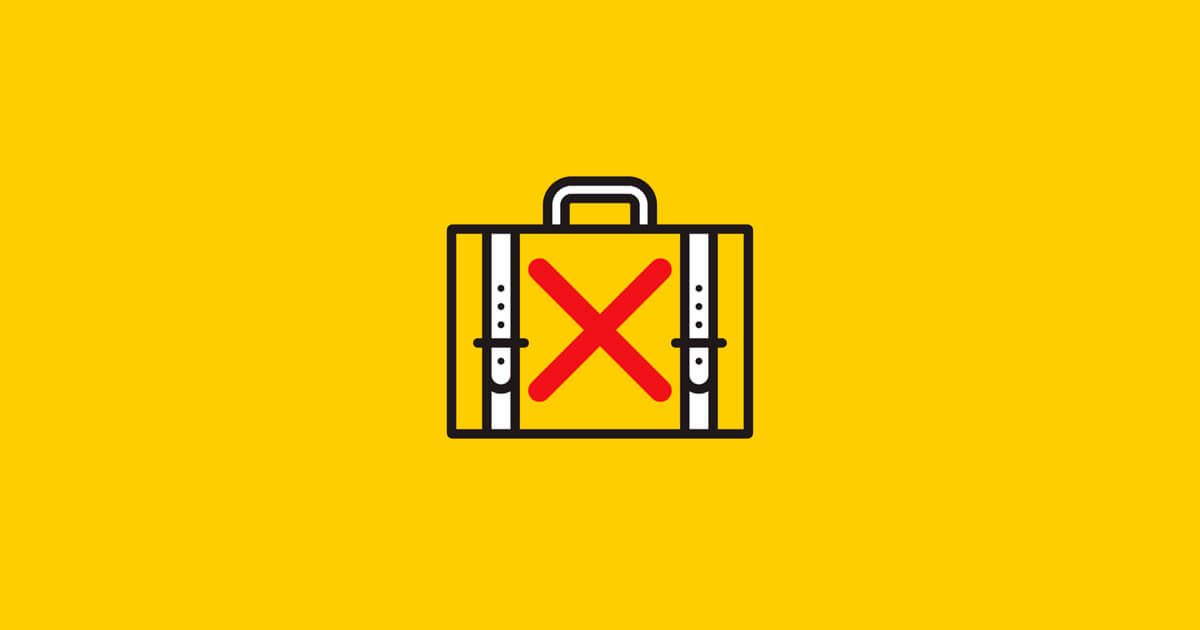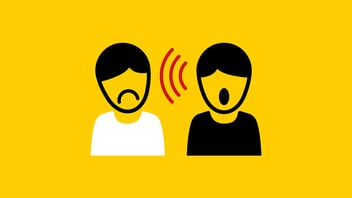
Short-Term Rentals + the Hotel Strata
One of the most hot-button topics in strata this year has to be short-term rentals, with the City of Vancouver passing legislation in early 2018 that requires an annual licence fee for short-term rentals on websites such as Airbnb or Expedia.
Strata corporations have been able to pass bylaws banning short-term rentals completely, with a maximum of a $200 per week fine. But starting November 30th, that fine could go up to $1,000 per day. Paul Mendes, Partner at Lesperance Mendes Law Firm explains.
“Starting from November 30, you can fine owners who contravene strata bylaws on property use including short-term rentals and house exchanges, but you do need to have a bylaw passed acknowledging the $1000 fine in order to begin enforcing it November 30.”
The hope is that the $1,000/day fine will serve as a deterrent for those acting as hotel-style landlords.
New fines are NOT automatic
It is important to note that neither the ban nor the fines are automatically applied. As mentioned above, Mendes reiterates that if you don’t currently have short-term rentals covered in your bylaws, it is a good idea to action something now.
“As strata dwellers, you should decide on restrictions to short-term rentals for your community, and consider any exceptions you want to include that suit your specific community needs.”
Exceptions might include things like house exchanges or snowbird relocations for several months at a time.
Catching illegal rentals
In many cases, Mendes explains, you are going to have to rely on your community and a little bit of detective work to confirm illegal short-term rentals and build a case.
“An obvious giveaway is going to be the suitcases rolling in at all hours of the day or night. If you have a concierge, this person will be an obvious starting point for relaying information to your strata manager or council.”
Additionally, residents may tend to notice more transient traffic in elevators and coming in and out of suites on their floors.
As with any kind of infraction, it is important to have documentation and proof. You might come across this proof from a few different avenues:
- Spotting advertised suites on Airbnb
- Small talk with guests in the building
- Feedback from signs you put up in your building about reporting to the council.
Remember to follow proper procedures for enforcing your bylaws (your management should know these procedures). This includes sending bylaw violation notices as per section 135 and possibly issuing bylaw violation fines.
Quick tips
- A bylaw that says all rentals must be for twelve months is not a short-term rental prohibition. Updated your bylaws to cover short-term specifically.
- Do not rely on rental restrictions bylaws, as they can be grandfathered. Cover this issue in your use restrictions.
- Amend the use of property bylaw: no hotel use, no home exchanges, no student housing, etc. Again, you are not going to pass this as a rental restriction, it is going to be a use restriction.
- Create a prohibition on advertising bylaw
- Always ask unit owners you suspect of short-term rental violations for their business license
Thanks for keeping us informed and helping us build communities with heart!
Thank you to Paul Mendes, Partner, Lesperance Mendes, for guest-speaking at our recent Tribe Open House on “Communicating with Difficult People” and “Short-term Rentals”. You can follow Paul on Twitter here. Check back shortly for details on upcoming sessions offered to our council members.



